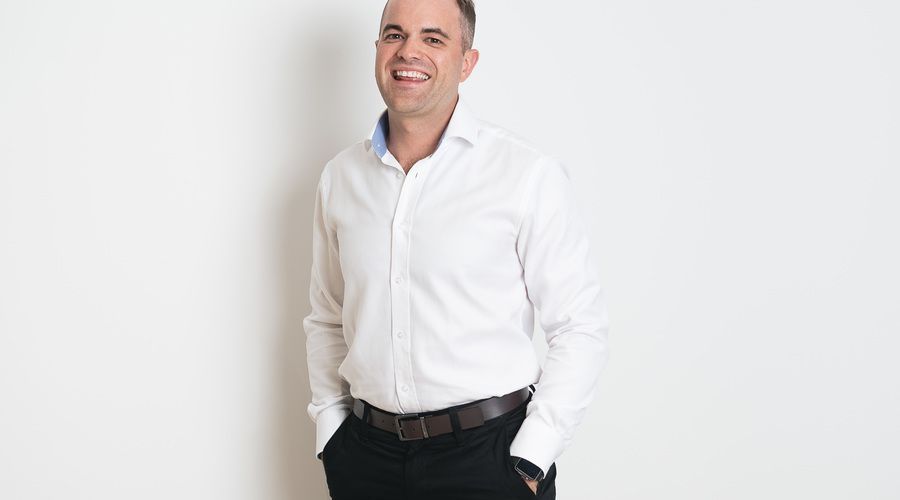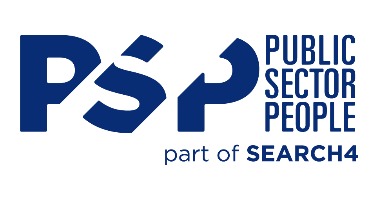Time Management Skills At Work In The Public Sector

By Nathan Eshman
Time management is a crucial skill for any human to master.
But when it comes to time management skills at work in the public sector, there are many moving parts. It’s easy for external stresses to create a time vacuum around your day.
And when we asked our LinkedIn network how they rated their time management skills at work, here’s what they said:
- 5% – not great
- 45% – there’s room for improvement
- 50% – are very competent with time management
That means 1 in 2 people working in the public sector can do with some help. So let’s unpack 15 tips that will help you cross more off your to-do list and achieve more every day.
15 Tips For Managing Your Time At Work In The Public Sector
- Say “no”: If a task, conversation or anything else comes to your attention but doesn’t fit your point of focus, pass on it. Not rudely, of course.
- Be selective with meetings: Before you book or accept another meeting, ask yourself (or the organiser) if this can be dealt with over email.
- Maintain a single focus: Instead of multitasking, focus on one task at a time. A common misconception is that multitasking helps you achieve more. It doesn’t. It only floods your workflow and increases stress.
- Set dedicated ‘work’ time in the diary: Block out time in your diary and your team’s diary — the same time every week — and enforce a ‘no meeting’ rule during that time slot.
- Take deadlines seriously: Fluid deadlines teach you and your team that it’s ok not to meet a deadline. In turn, projects blow out, and less important tasks cause even more time wasting.
- Set easy-to-reach goals: Unrealistic and unachievable goals make you feel overwhelmed and disappointed when you miss them. Before starting a task, think about the last time you did something similar and consider how long it actually took you to complete it.
- Learn to delegate: Time can suffer because we believe delegating meagre tasks is somehow unfair to others, or it means we aren’t as capable as we think. But delegating can be the catalyst for project breakthroughs as less important activities do not bog you down.
- Take frequent breaks:
- More breaks mean more creativity, higher energy levels, and healthy mental well-being. At a minimum, take a full lunch break and encourage your team to do likewise. Try different break structures to see what works best for you. Go for a walk, read a book, or call your loved ones.
- Use a to-do list: Write down your tasks and order them in terms of importance. Do the most important and simple tasks first or in the morning.
- Shut off technology: Turn on the “do not disturb” mode on your phone, computer or other smart devices. Don’t check your email during this time. Feel free to set up an auto-reply or voicemail letting people know when you’ll be back online and will reply.
- Keep a time record: During your day, keep a record of how long it takes you to complete each task. Then, at the end of the week, perform an audit of how you spent your days. You can then use this information to help with tip 6: set easy-to-reach goals.
- Schedule downtime: Different to taking more breaks, this is dedicated time to relax and refresh your mind. A common time to do this is at the end of the day. It can involve anything from reading a book to a debrief of the day with your partner.
- Use alarms and reminders: To ensure you don’t miss the start of meetings, or get caught up in mundane tasks, set alarms and reminders for yourself. This will protect your reputation and keep you on mission until the end of the day.
- Set deadlines for your tasks: When you commit to finishing a task by a set time, you increase the probability of succeeding in your goal (remember to keep this realistic — as per tip 6).
- Avoid time wasters: These can be people, tasks, habits etc. A great way to avoid time wasters is by implementing the 4 Ds:
- 1. Delete: does this really need to be done at all?
- 2. Delegate: can someone else do this task?
- 3. Defer: Can this task be pushed back?
- 4. Do: Is it important enough to do right now?
Would you like to know what impact these time management tips can have on your day? Read on.
The Difference Time Management Makes
How much can you gain by planning and following better time management practices? As it turns out, a lot:
- Multitasking lowers productivity by up to 45%
- Employees spend 80% of their day working on tasks with low impact
- A 10-12 minute planning session each day saves two hours of your time
- The average person is interrupted around 60 times each day
- Most people spend 10 Minutes on a task before they’re interrupted. (Think about it, since you started reading this, how many times has something or someone drawn your attention away from the screen?)
- Poor communication equals 280 hours of lost time every year
- On average, professionals check their email every six minutes. After checking, it takes around 23 minutes to regain focus.
Imagine everything you and your team will achieve with the hours gained.
Is It Easier To Manage Your Time In The Private Or Public Sector?
While there is little research on this topic, one study from 2011 compared the state of time management between the private and public sectors.
Here is a summary of the discoveries:
- Both private and public sectors struggled with time management
- When managers are promoted and educated, time management becomes more important to them
- Private sector managers are more careful about how they spend their time
- Whether you work in the public or private sector, time management directly impacts your efficiency in your job.
Do you have thoughts on time management? Some ideas for best practices in public sector roles?
Maybe you know some time management tips not mentioned above and feel others would benefit from knowing them.
As you read at the beginning of this blog, in one of our infamous LinkedIn polls, we asked our network how they rated their time management skills.
While the poll is now closed, you are welcome to add your comments and tips and see what others are saying.
Click here to join the conversation on time management in public sector roles.








Job Sectors
All content copyrighted | Privacy Policy | Cookie Policy | T&Cs | Powered with 💙 by Shazamme




